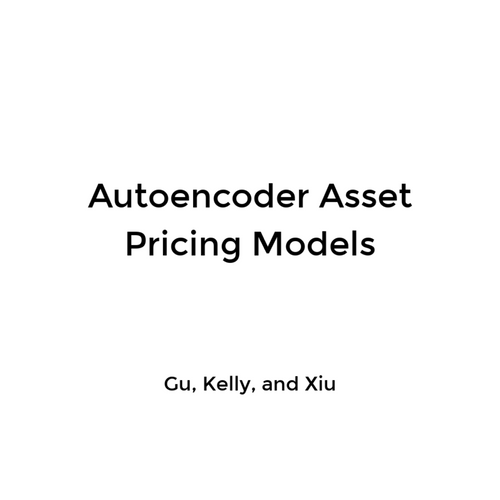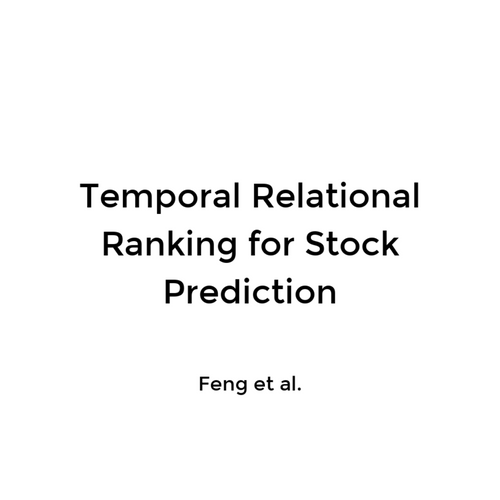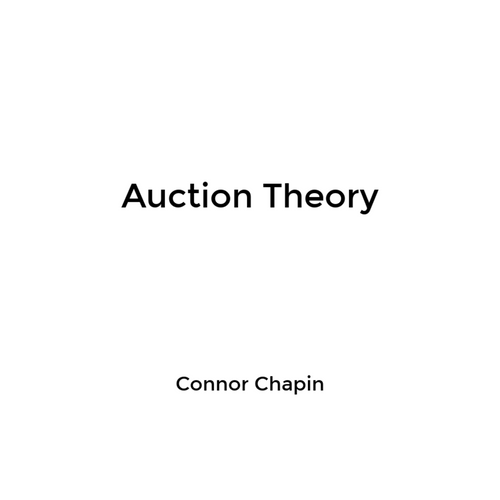Bayesian Statistics and Everyday Life
Connor Chapin
Steve
Steve is very shy and withdrawn, invariably helpful but with very little interest in people or in the world of reality. A meek and tidy soul, he has a need for order and structure, and a passion for detail.
Steve
Steve is very shy and withdrawn, invariably helpful but with very little interest in people or in the world of reality. A meek and tidy soul, he has a need for order and structure, and a passion for detail.
Which is more likely?
- Steve is a librarian.
- Steve is a farmer.
Steve
Steve is very shy and withdrawn, invariably helpful but with very little interest in people or in the world of reality. A meek and tidy soul, he has a need for order and structure, and a passion for detail.
Which is more likely?
- Steve is a librarian.
- Steve is a farmer.
How can we think about this mathematically?
Bayes' Theorem!
Steve
- Let's think about the main question:
- Farmer or librarian?
- There are 20-60x more farmers in the U.S. than librarians.
- Say 20x.
- With no additional evidence, 1/21 chance of being a librarian.
- This is called our prior hypothesis.
Steve
- We got new evidence in the statement:
- "meek and tidy," "shy and withdrawn"
- Let's suppose 50% of librarians have those traits and 10% of farmers.
- How does this evidence update our hypothesis?
- Bayes box
Bayes' Theorem
Linda
Linda is 31 years old, single, outspoken, and very bright. She majored in philosophy. As a student, she was deeply concerned with issues of discrimination and social justice, and also participated in anti-nuclear demonstrations.
Linda
Linda is 31 years old, single, outspoken, and very bright. She majored in philosophy. As a student, she was deeply concerned with issues of discrimination and social justice, and also participated in anti-nuclear demonstrations.
Which is more likely?
- Linda is a bank teller.
- Linda is a bank teller and is active in the feminist movement.
Linda
Linda is 31 years old, single, outspoken, and very bright. She majored in philosophy. As a student, she was deeply concerned with issues of discrimination and social justice, and also participated in anti-nuclear demonstrations.
Which is more likely?
- Linda is a bank teller.
- Linda is a bank teller and is active in the feminist movement.
Linda, reworded
Linda is 31 years old, single, outspoken, and very bright. She majored in philosophy. As a student, she was deeply concerned with issues of discrimination and social justice, and also participated in anti-nuclear demonstrations.
There are 100 people who fit this description. How many are
- Bank tellers.
- Bank tellers that are active in the feminist movement.
Steve, reworded
- The original wording wasn't exactly fair.
- How was Steve chosen?
- Do I personally know him?
- Did I know his job when I wrote the description?
- How did that influence the description?
- Why were farmers and librarians chosen for the jobs?
- Was it to imply one or the other? Which?
Steve, reworded
Steve is picked uniformly at random from the American population. I then interview Steve and write the previous description of him. Then, I select uniformly at random two jobs that exist in the United States.
Which is more likely?
- Steve is a librarian.
- Steve is a farmer.
Envelope Auction
- Earlier today, I rolled three dice.
- After rolling the dice, I placed three different denominations of U.S. notes (paper money) using a secret method.
- What do you want to bid for the envelope?
Envelope Auction
- Was the answer what you expected?
- Did you account for being wrong?
- Did you account for me having more information?
- Was the person who won "happy?"
- Even without the sneaky answer, would they have been happy?
- P(Guess<answer|highest guess)
- This is a combination of adverse selection and the winner's curse.
Adverse Selection
- Arises from people having imperfect information.
- People only choose to do something when their information gives them an advantage.
More examples
- Empty subway car/restaurant.
- Buying or selling something (used car, stock).
Are Humans Bayesian?
Are Humans Bayesian?
- Sometimes
- Maybe we should be more Bayesian...
Are Humans Bayesian?
- We are not perfect Bayesian networks
- Cannot update beliefs every time
- Exponential in number of variables
- Can have "orphaned" beliefs
- Cannot update beliefs every time
Are Humans Bayesian?
- Aumann's Agreement Theorem
Are Humans Bayesian?
- Confirmation bias in Bayesian terms
- Ex:
- Rowan says she saw a deer in Williamsburg
- Dan says he saw a polar bear in Williamsburg
- My prior: >99% chance deer exist in Williamsburg, <1% chance polar bears are here
- Neither update my prior very much
- But they do slightly
- When could this fail?
COVID-19 Testing
Bayes
By Connor Chapin
Bayes
Presentation on basic auction theory
- 1,103



